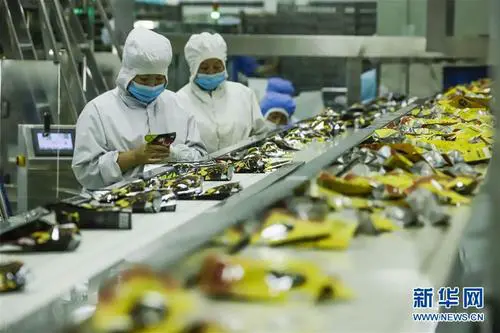By APD writerIMDAD HUSSAIN
Amid impenetrability hovering over post-pandemic world, it is certain that corona virus is likely to alter the course of the world. A chronology of the world events reveals that some of the greatest empires were toppled and many dynasties were annihilated due to major natural catastrophes, so the ongoing calamity is moving on the same trajectory with similar intensity and enormity and could have similar outcomes.
The most probable consequence of the prevailing crisis may be nationalization and emergence of centrifugal forces within the economic system. This feeling is quite explicit as recently the European Union Foreign Minister observed that the Asian Century about which the experts had been forecasting perhaps has appeared during corona pandemic and now the EU has to evolve a solid policy about China, keeping its interests in the forefront.
In the current scenario, Europe is in a more difficult position as President Trump is trying to pressurize many Western allies into being sympathetic to its stance but at the same time, many European economies, notably Germany, have benefited so much from the rise of China's economy. It's a very complex and delicate balancing act that many European countries will have to pursue.
There is such an evidence that China is replacing US as world power and several countries including the EU are under increased pressure to choose either side as Covid-19 pandemic is being considered a turning point when after decades the US is not leading the world and the world institutions are unable to play the role required in the hour of trial as Washington is unnecessarily indulging in anti-China criticism.
According to a new UBS survey despite President Donald Trump’s joyousness over his new trade deal with China as a momentous step toward a future of fair and reciprocal trade, global investors increasingly see China itself as the future and predict it will replace the US as the world’s biggest superpower by 2030. A majority agrees with that sentiment in every region except the United States, where only 47 per cent expect it will happen.
Now, which way the world will change is a question that we do not know the answer to, however, we have two paths: one path is the path of greater collaboration; cooperation to help protect one another while the other is the path of division; the path of not working together, of damaging organizations that promote cooperation and China is clear about the path it intends to take as it believes in openness as indispensable to a country's development.
But the United States has implemented an America first policy in the form of withdrawing from multinational agreements including the Paris Accord on Climate Change and the Iranian nuclear accord, and refusing to collaborate with both the World Trade Organization and the World Health Organization.
In September 2019 at the UN, Trump had told world leaders the future does not belong to globalists but to patriots. Trump is not alone in questioning the supra-nationals, but the debate is over the choice between rejection or reform.
Jim O'Neill, former chief economist at Goldman Sachs and adviser to the British government, has long been aware of shifting world orders, in 2001, when he coined the acronym BRICs for the rising economic powers of Brazil, Russia, India and China and he thinks COVID-19 has exposed deficiencies in those supranational bodies like WHO, the WTO, the UN, the IMF, the World Bank as right and effective form of global governance is required in the changed scenario.
As the US withdraws from global leadership, nations around the world are wondering how to replace its influence and China is playing a key role in this regard. Being first out of the coronavirus peak, China has set an example for the world in tackling the COVID-19 pandemic and also helping many countries and providing them all equipment including masks, ventilators and PPEs.
As the second largest economy, China is following all encompassing economic and trade policies while the philosophy of the Belt and Road Initiative (BRI) pursued by Beijing is greater international connectivity for sharing the benefits of development and progress among all the countries.
On the foreign front too, China has been unswervingly pursuing an independent foreign policy of peace focusing on safeguarding national independence and sovereignty as well as maintaining world peace and promoting common development besides not participating in the arms race and seeking military expansion.
President XI Jinping laid out his vision in 2017 to turn China into a great modern socialist country by 2050 and its rise has been very impressive, certainly becoming of a world leader.
(ASIA PACIFIC DAILY)
 简体中文
简体中文

